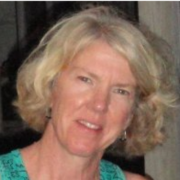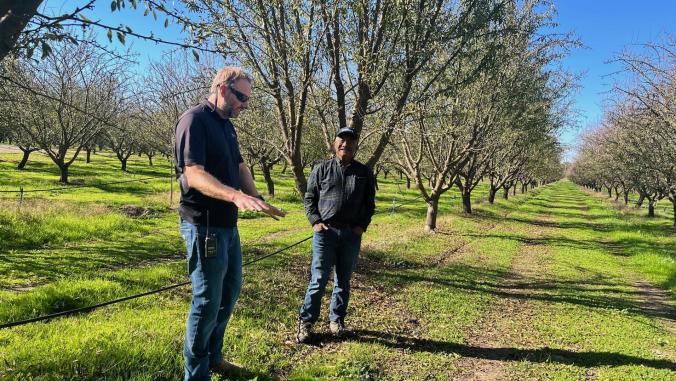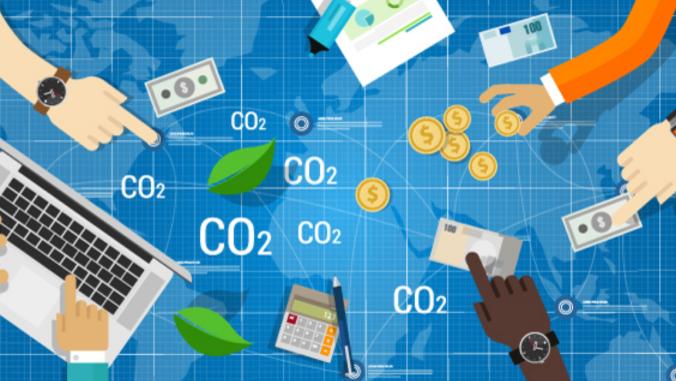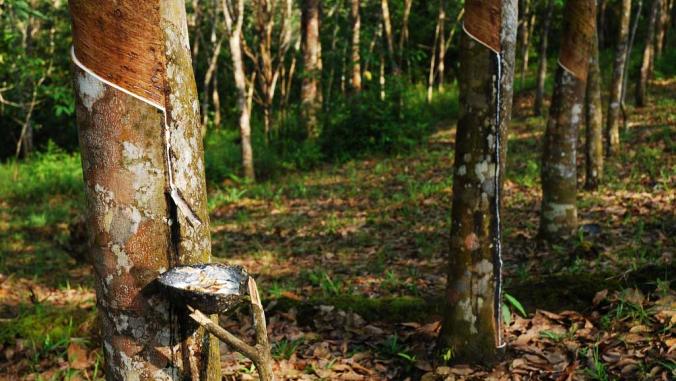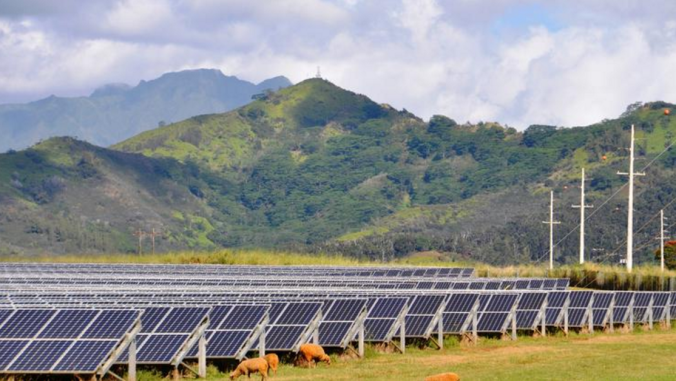What HPE wants the Internet of Things to learn from people
IoT tools can learn a thing or two about human processes, such as teaching, plumbing or even diagnosing cancer. Hewlett Packard Enterprise is trying.

The capability of the Internet of Things is nothing short of transformational: Collect vast amounts of data from sensor-laden objects, which then communicate and take action after analyzing their collective data.
The promise of IoT foretells a compelling future of efficiency: Direct autonomous vehicles to the least-trafficked routes, adjust farm irrigation spigots to quench parched soil, or pump up the heat in your drafty home.
But chillingly lost in that equation is the value of human intuition and experience — that organic decision-making power that comes only from a sixth sense gleaned from experience.
As the world hurtles toward an IoT-driven future, some of its proponents seek to slow down and consider the human element. Hewlett Packard Enterprises, for one, aims to capture and assign a value to that very human experience and gut-level intuition.
One of the most underemphasized opportunities in the IoT today is this notion of trying to scale human knowledge.
"To me, one of the most underemphasized opportunities in the IoT today is this notion of trying to scale human knowledge," said Amip Shah, director of the IoT lab at HPE, at the GreenBiz VERGE 16 event in Silicon Valley last month.
"As you are embarking on your IoT initiative — or for that matter, your sustainability initiative — if all you're doing is focusing on how to make things smarter, how to make things more efficient, how to create digital twins in the cloud, you are missing out on an opportunity."
That opportunity is creating new business models from the knowledge that human experience provides. Consider the diagnostic skills of physicians, the ability of teachers to glean the best way for students to learn.
Physicians, teachers and tradespeople use more than data to decide a course of action. Experience from years of working with people helps them identify what symptoms could signal a specific disease or that a student’s reluctance to take on a math problem could be as much about home life as his computational ability.
Shah conjured up an example of a hypothetical Bob, the plumber or equivalent handyman in many people’s lives who seems to know how to fix everything. How do you replicate the knowledge of such people?
I want to replicate Bob, not displace him.
"There is an emphasis on trying to actually take humans out of the loop in the Internet of Things. In some cases that makes sense. But I like Bob," because his knowledge is a differentiator. "I want to replicate Bob, not displace him," Shah said.
To capture experiential knowledge, HPE is rolling out an IoT-based technology called Edgeline that can be placed on the edge of "experiential" places, such as factory floors or mailrooms or retail stores. Edgeline systems are meant to collect location-based data and learn from human experience there.
To push that farther, decision making from human experience often involves brainstorming or conversations about ideas. Imagine a technology creating a kind of virtual set of skills with a digital "Bob" that housed knowledge about plumbing able to communicate with a digital "Jane" who is an expert on compressors and a digital "Mike" who stores knowledge on heating, Shah asked. You would have a complete facilities management "team" or system. Or, picture pairing the digital knowledge of a cardiologist with that of an oncologist or pulmonologist to yield a fairly complete remote diagnostic knowledge system.
This really is the next big wave facing our industry as a whole.
The next big thing in IoT, crafting tools to reflect experiences and solve human problems, needs to be a conversation in the technology industry, Shah said. He acknowledged that HPE and the tech industry generally are in the early stages of this idea of memory driven computing charged with digitizing such experiential knowledge.
"This needs to be a conversation ... because this really is the next big wave facing our industry as a whole," he said, adding that it is likely too big for any single company to figure out.
Through its Living Progress Exchange, HPE has invited other organizations to build apps that might use this technology to improve people's lives.
But perhaps the best opportunity is for the industry to embrace and capture human experiences in one location to improve them elsewhere, in places where a particular service or expertise is in short supply.
